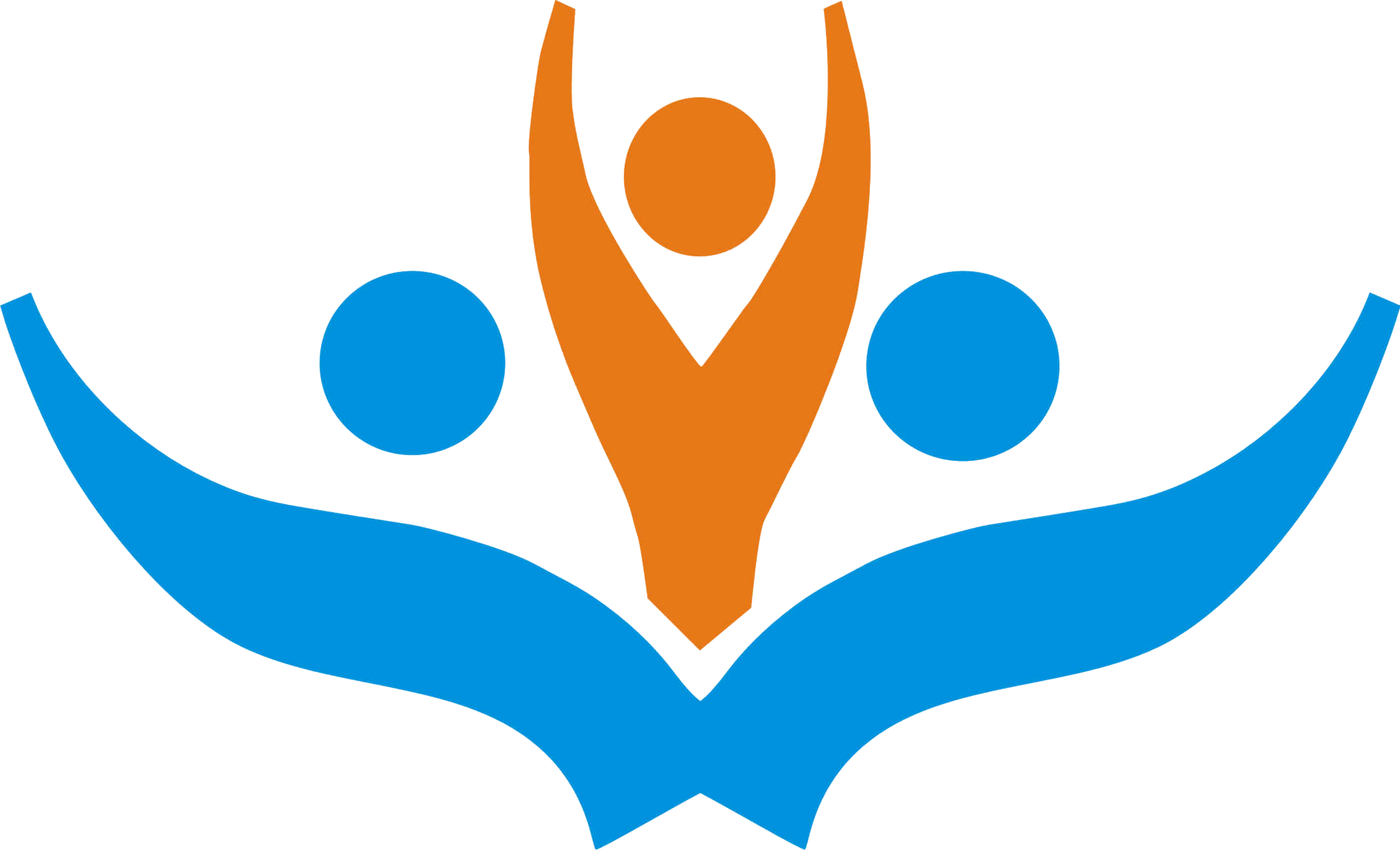
Dealing with Asperger’s Syndrome
Asperger’s syndrome, named after Australian pediatrician Hans Asperger, is a pervasive developmental disorder that is widely described as a mild form of autism. It is sometimes known as autistic spectrum disorder, and is a hidden and lifelong disability which affects children and people in many different ways. Children and young people with this disorder have a difficult time relating to others socially and thinking patterns can be rigid and repetitive.
People with Asperger’s syndrome tend to have many of the social and sensory issues of those with severe forms of autistic disorder but have average to above average IQs and vocabularies. They often have trouble picking up on subtle forms of communication like body language and humor. While there are similarities with autism, people with Asperger’s syndrome have fewer problems with speaking and don’t usually have the associated learning disabilities.
Autism brings with it a whole heap of challenges and Asperger’s syndrome is one of a group of neurological disorders known as autism spectrum disorders which is considered to be on the mild end of the spectrum. People with Asperger’s syndrome exhibit four primary symptoms:
• Having difficulty with social interaction
• Engaging in repetitive behavior
• Standing firm on what they think
• Focusing on rules and routines
Symptoms vary from person to person, but children with Asperger’s syndrome often have an obsessive focus on a narrow topic of interest. They may develop an all-consuming interest in things like flight schedules or dinosaurs. This interest can be the subject of one-sided conversations with peers and adults.
The person with this disorder is unaware of the other person’s attempts to change the topic of conversation. This is one of the reasons that children with Asperger’s syndrome may have difficulties with social interactions. They are unable to read facial expressions and body language, find it hard to recognize other people’s feelings and avoid eye contact while speaking with others. They may also have difficulty with essential motor skills such as running or walking, may lack coordination and be unable to do certain tasks, like climbing or riding a bike.
A person with autism or Asperger’s syndrome temporarily losing control because of emotional responses to environmental factors is known as a meltdown and they aren’t caused by one specific thing. Triggers build up until the person becomes so overwhelmed that they can’t take in any more information. It has been described as feeling like a can of a soft drink that has been shaken up, opened and poured out, emotions flowing everywhere.
Meltdowns cannot be stopped by giving the person their own way. Depending on the cause of the meltdown, it may be best to help the person leave the situation they find distressing. Everyone is different but some say that what they need to recover from a meltdown is being left alone in a place where they feel safe, listening to music, having a bath or sleeping.
The causes of Asperger’s syndrome are unknown. Genetics and brain abnormalities may be involved and is not the result of a child’s upbringing or poor parenting. It is a neurobiological disorder, meaning it is just a part of the child’s brain development, whose causes are fully not understood.
Asperger’s syndrome is not diagnosed as a condition in and of itself; it is a part of the range of conditions included in Autism Spectrum Disorder. If a parent is concerned about the child’s social development, unusual language patterns and odd behaviors, a pediatrician should be consulted. The pediatrician can determine if the child should be seen by a specialist, such as a developmental pediatrician, psychologist or other clinician who is familiar with Autism Spectrum Disorder.
Asperger’s syndrome may be difficult to be diagnosed. Sometime this condition can be confused with other conditions such as Attention Deficit Hyperactivity Disorder, Obsessive Compulsive Disorder or Oppositional Defiant Disorder. Making sure to evaluate the child’s social and communication skills, their patterns of behavior and thinking and how these symptoms have developed over time will help the assessor provide the correct diagnosis.
Each case of Asperger’s syndrome is different, treatment plans must be built according to each child’s needs. They should be adjusted over time as those needs change. Treatment usually includes:
• Speech-language therapy
• Cognitive behavioral therapy
• Special educational classes
• Social skills training
• Parent education training
• Behavior supports
• Occupational therapy
• Medication
Even though this disability is a milder form of autism, children can greatly benefit from early treatment intervention. Treatment can provide them with important social and behavioral tools that they can use for the rest of their lives. Children with Asperger’s syndrome can do well in school and go on to be contributing members of their community.
Chetna Foundation has range of resources on Asperger’s syndrome and on a wide range of disability related issues. If your child struggles with symptoms similar to Asperger’s syndrome or already has been diagnosed with the disorder, get started with us today.
| Tweet |





